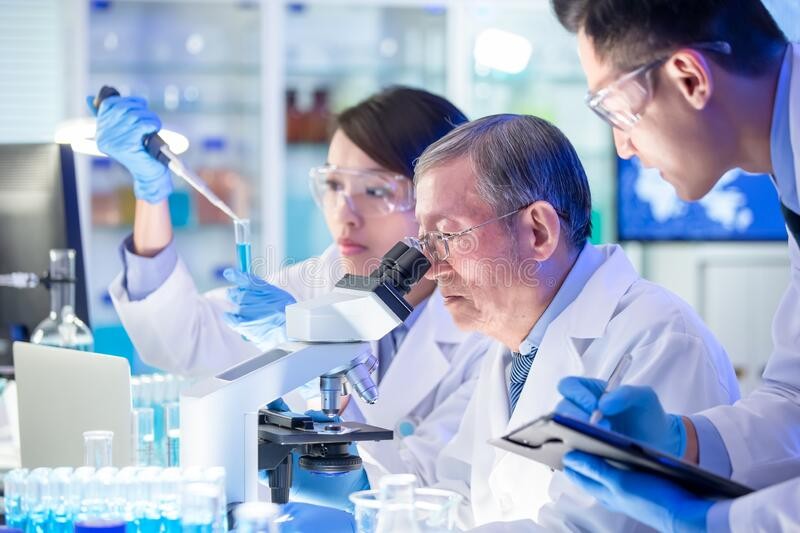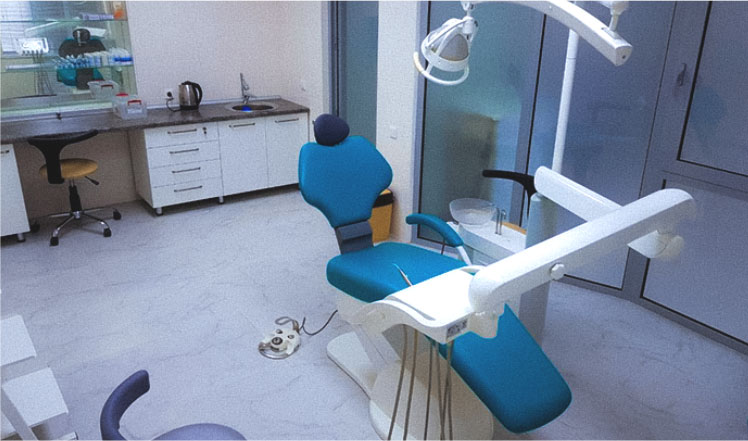SHANGHAI SCIENTISTS' DISEASE BREAKTHROUGH

Neurodegenerative diseases such as Alzheimer’s and Parkinson’s happen when neurons die. So far, there is no cure but Shanghai scientists have found a way to transform other cells into neurons.
Neurons act as a bridge between the brain and the rest of body. If they die, the brain has no way of sending messages to muscles and organs, and result in the loss of function and control of movements. Globally, about 100 million people suffer such diseases. Of them, nearly 10 million have Parkinson’s, half of whom are in China. The death of dopamine neurons results in Parkinson’s. As neurons stop reproducing shortly after birth, many researchers are focusing on stem cell transplants to treat Parkinson’s, in which human embryonic stem cells are used to give rise to neurons. However, there are ethical considerations. There are also problems with rejection, the possibility of tumors and the survival rates of transplanted cells. Researchers from the Center for Excellence in Brain Science and Intelligence Technology of Chinese Academy of Sciences took an unconventional approach. Using an advanced gene-editing technology, they “produced” dopamine neurons by transforming astrocytes, which largely outweigh neurons in the nervous system. Experiments were performed on Parkinson’s disease mice that showed symptoms such as tremors, stiffness and slow movements basically disappeared after receiving the induced cells. The research was published in scientific journal Cell on Wednesday. http://stcsm.sh.gov.cn/news/20200410/0016-163927.html




